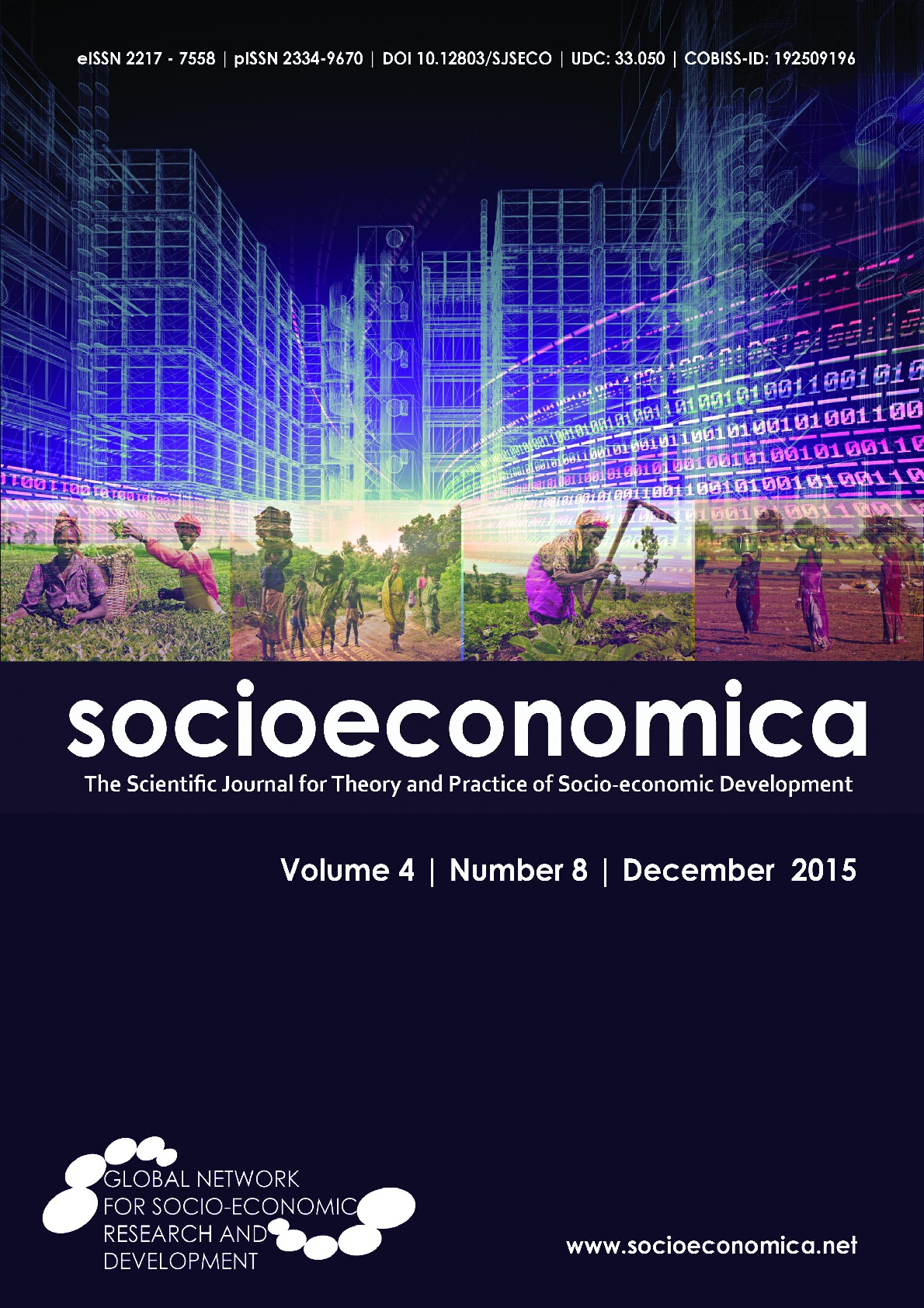Regenerative Sustainability In South Africa Through Mixed In-Come Housing Development
Regenerative Sustainability In South Africa Through Mixed In-Come Housing Development
Author(s): Thwala D. Wellington, Aigbavboa O. ClintonSubject(s): Business Economy / Management, Economic development, Environmental interactions, Socio-Economic Research
Published by: Naučno društvo za promociju i unapređenje društvenih nauka AKROASIS
Keywords: Regenerative sustainability; mixed-income housing programme; sustainability; South Africa;
Summary/Abstract: The provision of adequate and regenerative sustainable housing remains a key priority for the South Africa government. The South African Government has since 1994 initiated and implemented several housing delivery programmes and subsidy mechanisms to eliminate the incidence of ‘slum housing’, its associated poverty and destructive effect to the ecological environment. This include the mixed housing programmes which has been allude to have positive social impact and the potential for interaction between different social spheres and income groups, reduction of negative area effects (for example, low aspirations and low-level crime), a mix of different people from various backgrounds in the local community, attracting and supporting a higher level of services, provision for a change in household composition in one neighbourhood and the creation of additional employment opportunities through higher disposal income in the area. All this attributes steams from the fact that sustainable housing and environmental development requires a new understanding to effectively and synergistically address the pressing issues of sustainability which include climate change. In South Africa, housing development is no longer regarded as simply ‘a roof over one’s head’, but housing development is seen as a crucial role player in achieving regenerative sustainable development – as envisaged by the idea of sustainable housing. Hence this article aims to reveal the effectiveness of the mixed-income integrated development programme, and to access how the programme create sustainable regenerative environment for the occupants of the mixed-income housing. The data used in this article were derived from both primary and secondary sources. The primary data was obtained through the survey method, while the secondary data was derived from the review of literature. The primary data for the study was collected through a structured questionnaire survey distributed to a sample of 80 mixed-income households in Fleurhoff in Johannesburg Metropolitan Municipality in the Gauteng Province of South Africa. Findings from the questionnaire survey revealed that the programme makes better environment and has been effective through the creation better neighbourhood, urban revitalization and improvement of the occupants’ quality of life. The article closes with recommendations on how mixed-income housing can be better adapted to support the regenerative sustainability process and the improvement of the human environment.
Journal: Socioeconomica - Naučni časopis za teoriju i praksu društveno-ekonomskog razvoja
- Issue Year: 4/2015
- Issue No: 8
- Page Range: 429-448
- Page Count: 19
- Language: English

